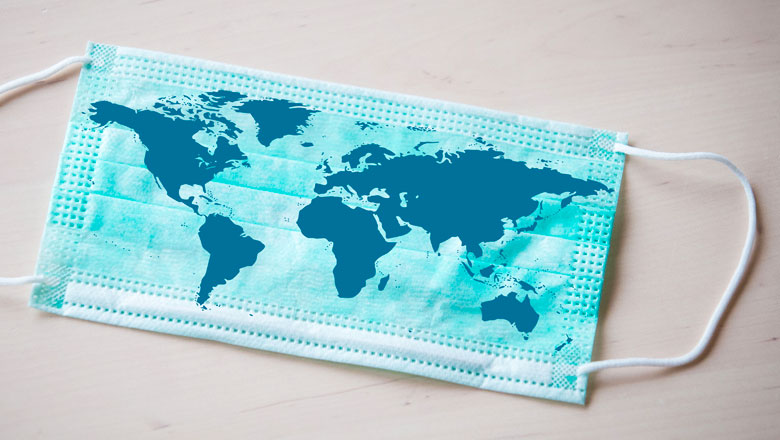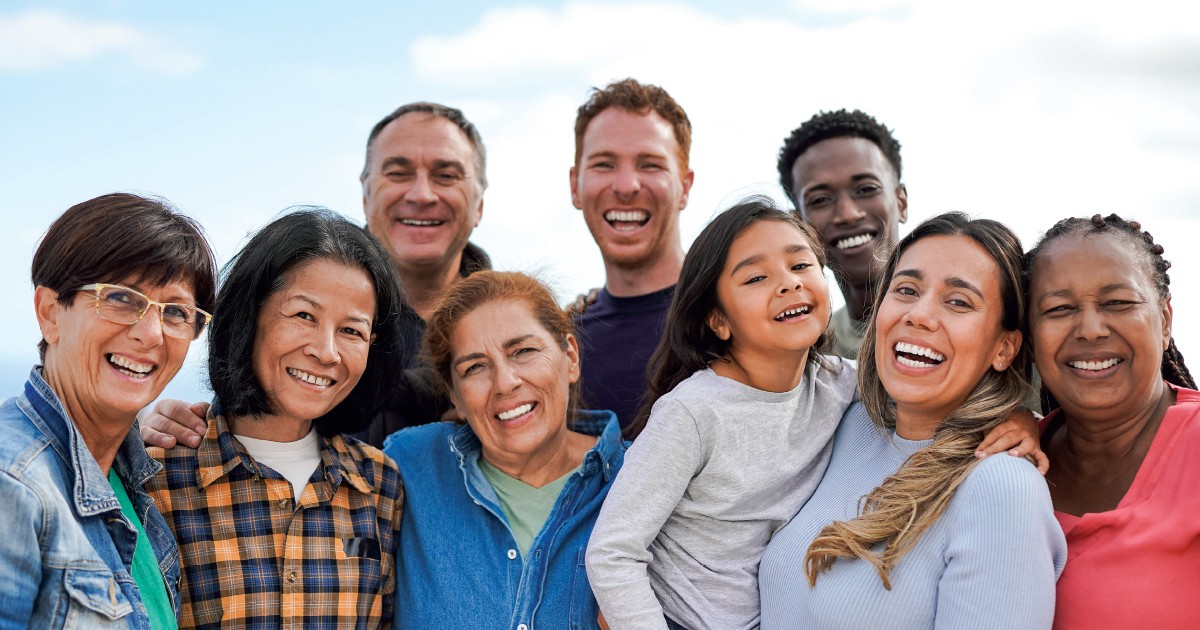A massively heavy and well-used academic Bible adorns a shelf in my office. I have another at home containing personal notes scripted over years past. But the Bible I use most frequently, whether at church or on the go, is provided through an app on my phone. Last year, the YouVersion Bible app boasted installation on more than 400 million unique devices. It also revealed the most-read Bible verse in 2019: “Don’t worry about anything; instead, pray about everything. Tell God what you need, and thank him for all he has done” (Philippians 4:6 NLT).
It would not surprise me if Philippians 4:6 remains the most-read verse today. COVID-19 has changed all of our lives, whether we have been infected or not. And the vulnerable people among us have been made all the more vulnerable. Persons living in care homes are allowed few (if any) visits from loved ones. Those without homes and those living below the poverty line tend to have weaker immune systems. Many remote Indigenous communities have inadequate support systems in place, and access to potable water is often a concern. COVID-19 has heightened the economic and social inequities that mark Canadian society.
In this time of plague, what am I to make of Paul’s instruction in this popular verse? I have often read it, or heard it read, apart from the surrounding text. On its own, it sounds like a kind of self-help strategy. “Take a deep breath. Clear your mind. Go to your happy place. Think about all the things you are grateful for. Are you noticing your worries slipping away?”
But Paul’s message reads quite differently when I think about his context. Paul does not write to his Philippian brothers and sisters from a yoga mat. He writes while imprisoned in a Roman cell. The Philippian community is growing but remains threatened by the persecution of its surrounding culture. Both the author and the audience know what it is to suffer and what it is to be plagued by constant worry.
Immediately before this verse, and throughout his letter, Paul tells the Philippian Christians to rejoice and rejoice again (see Philippians 4:4). Rejoice when there is clear cause to rejoice and when there are things to worry about. Why? Not because joyfulness is a formula for being your best self. Following Jesus is not about measuring ourselves by the standards of the surrounding culture. And not because prayers expressed joyfully are winsome to God’s ears. When Paul says we should bring all our requests before God, he does not suggest God will respond by giving us what we ask for. His letter is thick with accounts of suffering. As his own life demonstrates, there is no guarantee we will be delivered from the sources of our suffering.
So, what does God provide when we express our anxieties in prayer? As a prisoner, Paul is locked away from society. But there is one thing that prison cannot lock out. Paul is comforted with the peace provided by the Spirit of Jesus Christ—something beyond his understanding and his own doing (see Philippians 1:18-19; 4:7). Paul may be surrounded by guards, but God is the sentinel of his heart and mind.
In turn, Paul attempts to comfort the Philippians by sharing his own experience of peace in suffering. “You are not alone! We may be separated in body, but we suffer together” (see Philippians 4). The Philippian Christians must have felt solace when they heard they can share in the peace God’s Spirit has given Paul. They, too, believed in a God who loves them through suffering—a God who accomplishes justice beyond what could be achieved through the release of an apostle or the end of religious persecution.
The intention behind Paul’s message of peace is not limited to consolation, though. Those of us who have the peace of God, he says, are not the kind of people who are contented with the world’s situation. We must keep on doing good work (see Philippians 4:9).
Paul’s message remains true today. As COVID-19 increases human suffering, we are called to act creatively toward one another in ways that protect health and attend to the other aspects of personal and community well-being, whether material or spiritual. When we work out our salvation with fear and trembling (see Philippians 2:12), when we humbly commit our whole selves to the good work that needs doing, we may become more aware of how God’s peace is already at work in the midst of this plague.
Dr. Aimee Patterson is a Christian ethics consultant at The Salvation Army Ethics Centre in Winnipeg.
Photo: RomeoLu/iStock via Getty Images Plus










Comment
On Saturday, March 28, 2020, Wendy Witt said:
On Friday, March 27, 2020, Addie Thoroski said:
On Tuesday, March 24, 2020, Michelle Brotherton said:
Leave a Comment